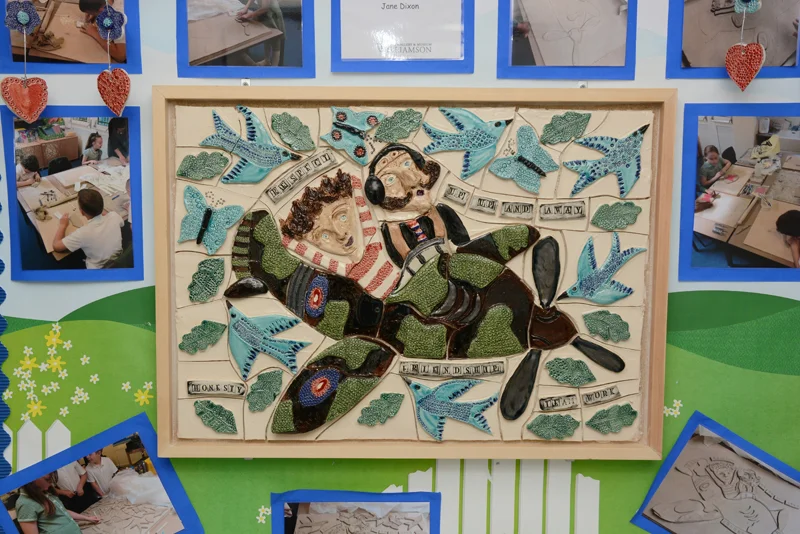Welcome to Year 3!
2024-2025
Teachers: Mrs griffin, Miss Jackson, AND MRS VALENTINE
TA: Mrs Reid and Mrs Roberts
Follow us on twitter @heygarthyeaR3
Autumn Term 2024
This half term our topic explores the Stone Age. Our class text is ‘Stone Age Boy’ by Satoshi Kitamura’. We will also be reading many non-fiction texts around this subject.
We will be exploring number sense in maths including place value up to 1000, number patterns and counting in 4s and 8s. We will continue to work on our times tables fluency, developing recall of times tables 2, 5 and 3s.
Our science will be focused on rocks and soils. We will be:
comparing and grouping together different kinds of rocks on the basis of their appearance and simple physical properties
describing in simple terms how fossils are formed when things that have lived are trapped within rock
recognising that soils are made from rocks and organic matter
Homework:
All children have been issued with a ‘Century’ login which will provide the children with individualised homework based on their needs in English, maths and science. Children should access this program at least once per week. Please speak to your class teacher if you require a further copy or any assistance.
Reading
Children should read every day, using the reading books sent home. They should have one ‘book band’ or RWInc book and one reading for pleasure or RWInc Book Bag book depending your childs’ needs. These books will only be changed on Thursday and will be sent home on Fridays.
PE
Outdoor PE will take place on Wednesday afternoons
Forest School will take place on Thursday afternoon (Oak Class) and Friday afternoon (Elder Class) starting w/c 13th September
Learn your times tables…
READ, READ and more READING!
10 Benefits of Reading
1. Children who read often and widely get better at it.
After all, practice makes perfect in almost everything humans do, and reading in no different.
2. Reading exercises our brain.
Reading is a much more complex task for the human brain rather than watching TV, for example. Reading strengthens brains connections and builds NEW connections.
3. Reading improves concentration.
Children have to sit still and quietly so that they can focus on the story when they are reading. If the read often, they will develop the skill to do this for longer.
4. Reading teaches children about the world around them.
Through reading a variety of books children learn about people, places, and events outside of their own experience.
5. Reading improves vocabulary and language skills.
Children learn new words as they read. Subconsciously, they absorb information on how to structure sentences and how to use words and other language features effectively in their writing and speaking.
6. Reading develops a child's imagination.
As we read our brains translate the descriptions we read of people, places and things into pictures. While we are engaged in a story we are also imagining how a character is feeling. Young children then bring this knowledge into their everyday play.
7. Reading helps children to develop empathy.
As children develop they begin to imagine how they would feel in that situation.
8. Reading is a fun.
A book or an e-reader doesn't take up much space and is light to carry, so you take it anywhere so you can never be bored if you have a book in your bag.
9. Reading is a great way to spend time together.
Reading together on the sofa, bedtimes stories and visiting the library are just some ways of spending time together.
10. Children who read achieve better in school.
Reading promotes achievement in all subjects, not just English. Children who are good readers tend to achieve better across the curriculum.




